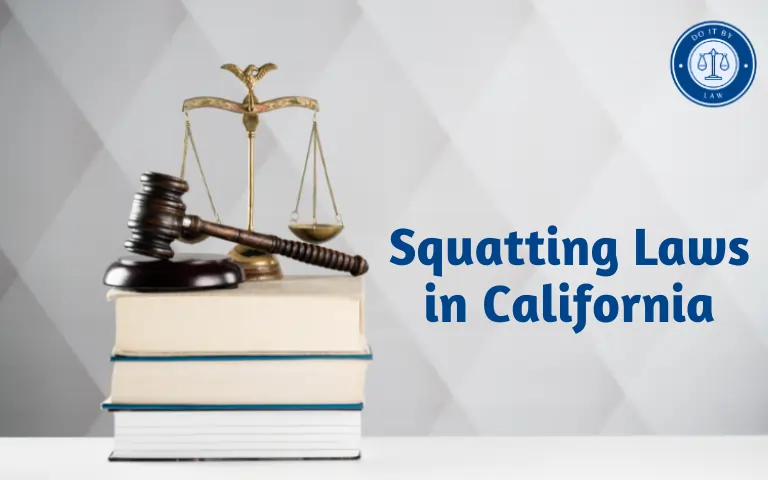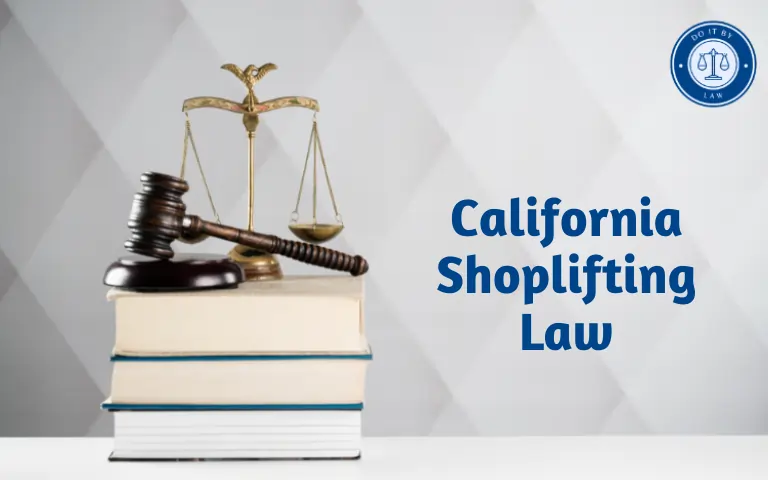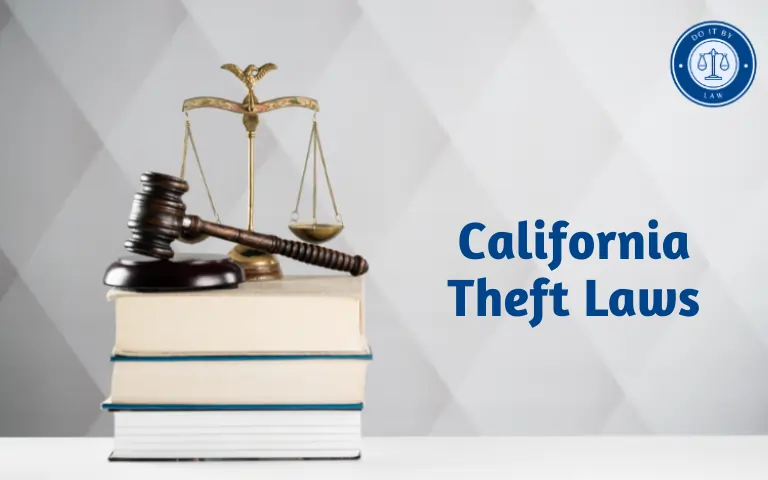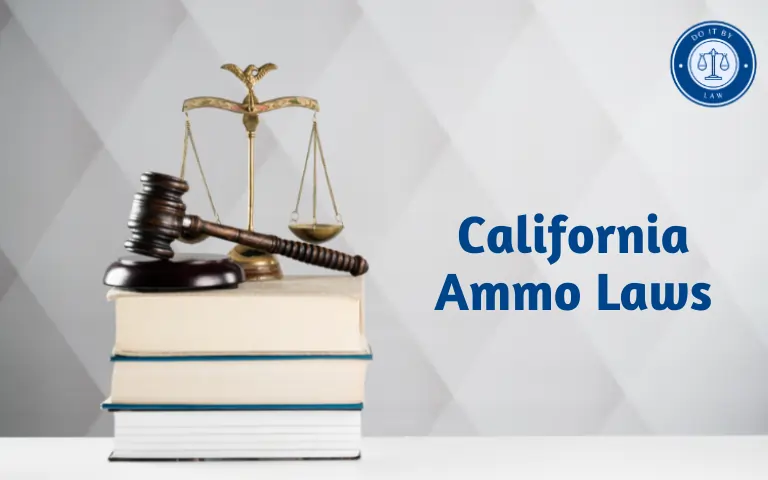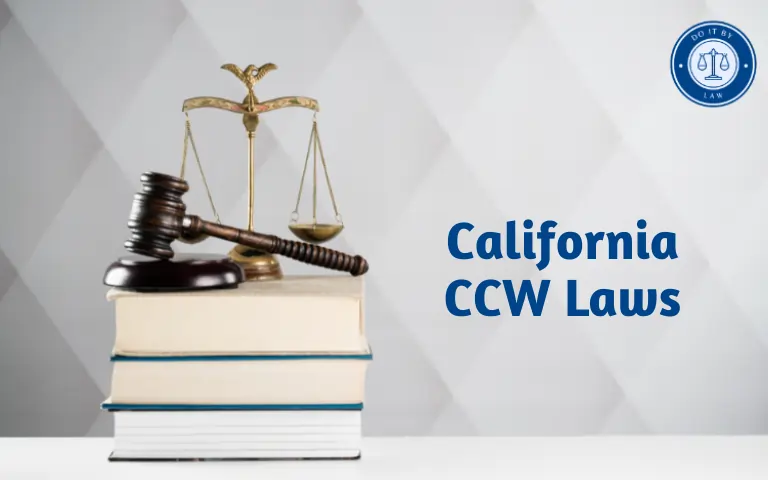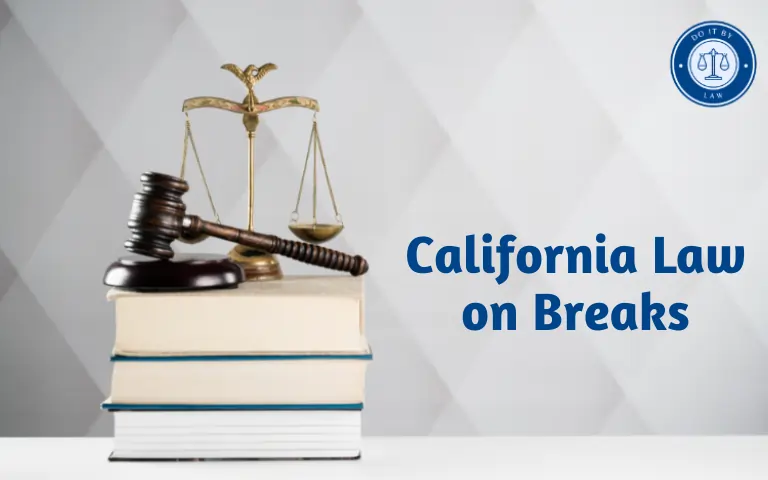Squatting Laws in California: What You Need to Know
Squatting Laws in California refers to occupying an abandoned or vacant property without the owner’s permission. California State laws address squatters’ rights and penalties for trespassing. This article summarizes key aspects of California’s squatting laws.
Background of Squatting Laws
California’s squatting laws originated in the 1800s during the Gold Rush era. With an influx of migrants and land disputes, squatting became common. Early laws aimed to promote settlement while protecting ownership rights.
Adverse possession was codified in California in the early 1900s, granting title rights to squatters occupying properties openly, continuously, and exclusively for 5 years. Other laws made trespassing on private land a misdemeanor offense.
Current statutes balance property access with trespassing deterrence. Police often treat squatting as a civil matter, though criminal charges are possible for repeat offenders.
Who the Laws Apply To
California’s squatting laws apply to individuals occupying vacant residential or commercial buildings without consent from property owners. This includes:
- People experiencing homelessness seeking shelter in foreclosed homes
- Tenants refusing to leave after an eviction notice
- Travelers or urban explorers staying in abandoned structures
- Activists staging property takeovers or “squat-ins” for political/social causes
- Fraudsters trying to assume ownership through adverse possession
Laws prohibit all unauthorized occupancy, regardless of intent. However, law enforcement response varies based on circumstances.
Key Provisions of Squatting Laws in California
California squatters’ rights primarily stem from adverse possession laws. Key provisions include:
- 5 years of continuous occupancy – Squatters can claim legal ownership if inhabiting a property openly for 5 continuous years without the true owner contesting their presence.
- Paying property taxes – Squatters must pay all unpaid property taxes during the 5 years to claim adverse possession. This discourages occupying properties with delinquent taxes.
- Maintaining the property – Squatters must maintain the home or land they’re inhabiting to benefit from adverse possession claims. Neglected properties weaken claims.
- Good faith belief of ownership – Squatters must demonstrate a reasonable, honest belief they have the right to occupy the property. Bad faith acts can nullify claims.
Beyond adverse possession, unlawful trespassing statutes also apply:
- Entering property posted “No Trespassing” is a misdemeanor. Refusing to leave when notified by the owner is also illegal.
- Breaking into a property, damaging locks, or vandalizing the property elevates trespasser penalties.
- Repeating offenses for trespassing increases fines and the likelihood of criminal charges.
Penalties for Violating Squatting Laws in California
Trespassing penalties in California depend on circumstances like:
- First-time violations – Usually a warning or minor citation with a small fine under $100
- Repeat offenses – Fines up to $500 and potential misdemeanor charges
- Trespassing & vandalism – Misdemeanor charges punishable by 6+ months jail time and fines up to $1,000
- Trespassing on critical infrastructure – This can be a misdemeanor or felony with large fines and multi-year prison sentences
Adverse possessors acting in bad faith also face civil suits, damages, and property eviction if ownership claims are challenged.
Changes to Squatting Laws in California
Recent legislative attempts in California include:
- Lowering the continuous occupancy period required for adverse possession claims. Critics argue that 5 years is excessive compared to other states.
- Increasing trespassing fines and enforcement against problematic vacant properties that attract crime and blight neighborhoods.
- Requiring proof of property maintenance and tax payments before finalizing any adverse possession ownership transfers. This deters fraudulent claims.
- Expediting eviction procedures against unauthorized occupants to protect property rights. Housing shortages also influence efforts to deter squatting.
While minor changes have passed, major reforms have largely stalled due to opposition. California’s core squatting statutes remain intact.
Squatting Laws in California Controversies and Challenges
Key squatting law debates involve:
- Homeless populations – Laws criminalizing trespassing are seen by some as targeting the homeless who have few shelter options. Advocates support greater leniency.
- Gentrification concerns – In expensive cities like LA and San Francisco, lax squatting laws could enable outsiders to take advantage of lower-income residents. Others argue squatting helps economically disadvantaged residents remain in changing neighborhoods.
- Property owner rights vs. adverse possession claims – Owners criticize lengthy continuous occupancy requirements that favor squatters over true property owners who fall behind on taxes or maintenance.
There are passionate arguments on all sides of these issues. How authorities respond to unauthorized occupancy remains inconsistent.
Conclusion
California has sought a middle ground between promoting access to vacant properties and protecting owner rights. Adverse possession allows ownership claims after lengthy, open occupation, while posted trespassing warrants fines and criminal charges. Ongoing legislative attempts aim to balance arguments around homelessness, affordability, and property rights. When occupying any property without consent, California residents should be familiar with relevant squatting laws and potential penalties.

